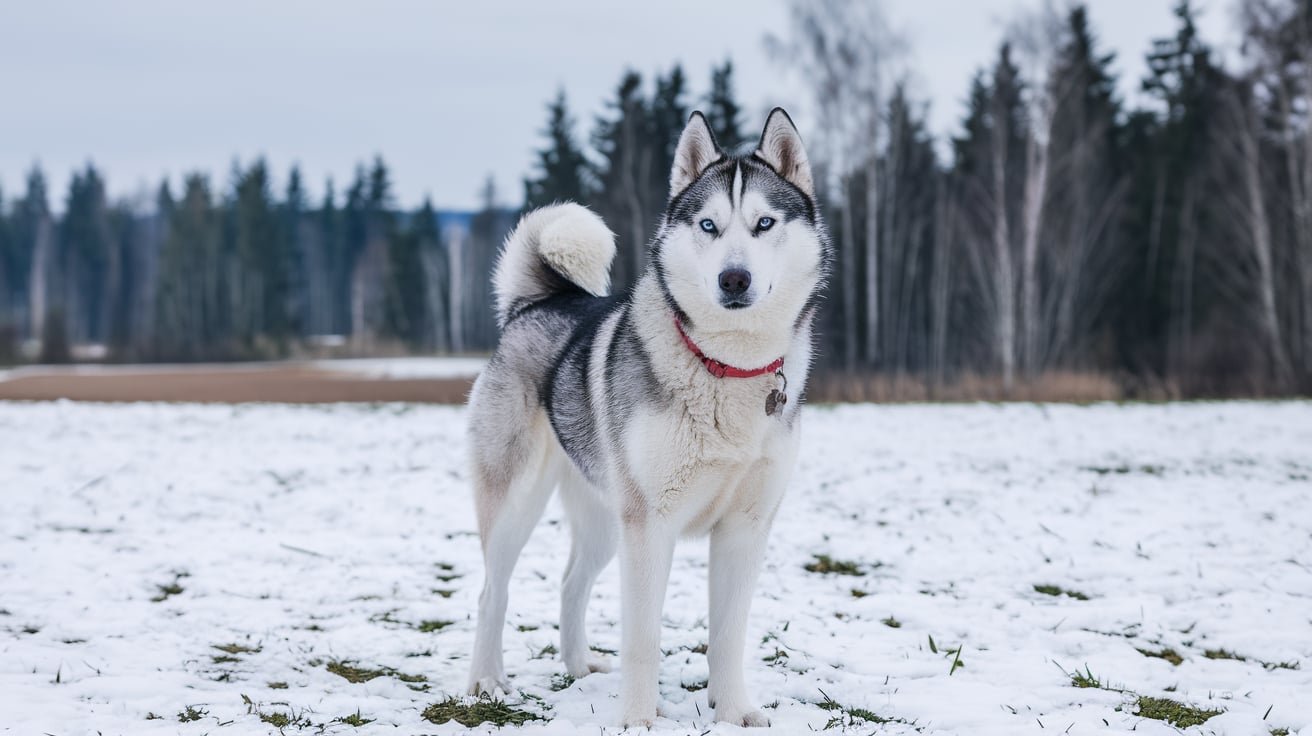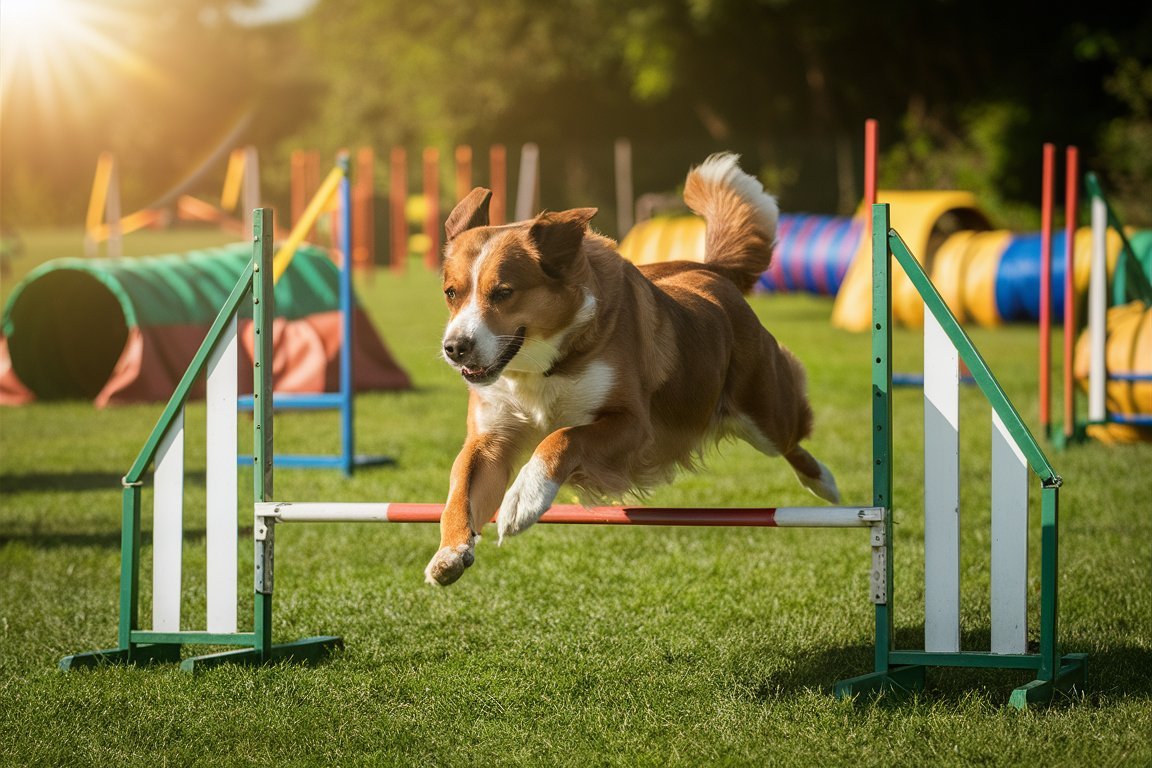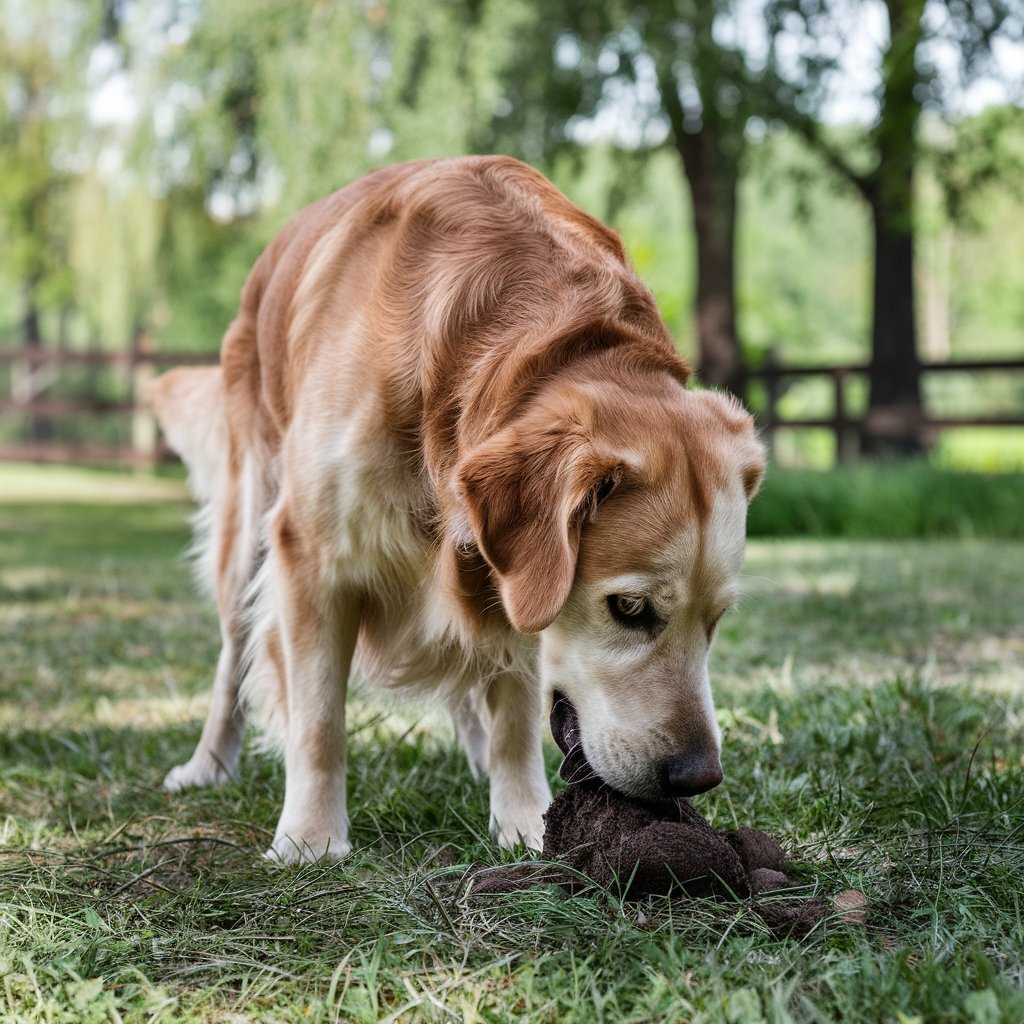Introduction To Dog Breeds For Cold Climates
When it comes to choosing a dog breed for the colder regions of the UK, it’s important to select one that thrives in chilly weather. Dogs well-suited to cold climates not only handle low temperatures better, but they also tend to have a temperament and energy level that matches the lifestyle many families enjoy during winter months. In this article, we’ll explore some of the best dog breeds for cold climates, share engaging stories, and provide tips for finding the perfect companion for your frosty adventures.
Why Choose a Dog for Cold Climates?
Selecting a dog breed that is adapted to cold weather has several benefits:
- Comfort in Winter: These breeds stay warm and comfortable in lower temperatures, which reduces the risk of hypothermia or other cold-related issues
- Active Lifestyle: Many cold-climate breeds enjoy outdoor activities, making them perfect companions for winter hikes and snow play.
- Affectionate Companions: Breeds that thrive in the cold often have friendly and affectionate natures, which can enhance your family life.
Choosing the right breed can ensure that both you and your dog enjoy the colder months to the fullest.
Top Dog Breeds for Cold Climates
Here’s a look at some of the best dog breeds for cold climates, each with unique characteristics and a suitability for chilly weather.
1. Siberian Husky
Generally, people widely regard the Siberian Husky for its ability to withstand extreme cold. Thanks to its thick double coat, these dogs thrive in snowy environments and possess an energetic spirit that matches their need for activity.
Learn More About Siberian Huskey on Dogs Family
Anecdote: For example, a friend of mine has two Huskies, Luna and Thor. Every winter, they take them on skiing trips, and the Huskies absolutely love bounding through the snow, pulling sleds like pros. Truly, their energy and love for the cold are unmatched!
Why Choose a Siberian Husky?
- High Energy: They require regular exercise and enjoy activities like running and pulling sleds.
- Social Creatures: Huskies are known for their friendly demeanor and love being around people and other dogs.
- Great Family Pets: With proper training, they can be excellent companions for families.
2. Alaskan Malamute
Similar to the Siberian Husky, breeders designed the Alaskan Malamute for the cold. Breeders bred these large, powerful dogs for heavy hauling, and they thrive in snowy environments.
Anecdote: I once met an Alaskan Malamute named Kodiak at a dog show. His owner shared that Kodiak loved nothing more than frolicking in the snow, often pulling sleds with kids in the neighborhood. His strength and friendly nature made him a favorite among everyone.
Why Choose an Alaskan Malamute?
- Strong and Sturdy: They are built to handle tough weather conditions.
- Affectionate Nature: Malamutes are known to be loving and great with families.
- Excellent with Kids: Their playful attitude makes them good companions for children.
3. Bernese Mountain Dog
The Bernese Mountain Dog is, indeed, a gentle giant that thrives in cold weather, thanks to its thick fur coat. Moreover, the Swiss Alps originally bred them as working dogs, and people commonly know them for their calm temperament and love for family.
Anecdote: For example, a family I know has a Bernese Mountain Dog named Bella. Furthermore, she loves playing in the snow with their kids, and her calm demeanor makes her the perfect companion for family activities. Additionally, Bella’s fluffy coat keeps her warm even during the chilliest winter days.
Why Choose a Bernese Mountain Dog?
- Calm and Gentle: They are typically very patient and good with children.
- Loyal Companions: Bernese Mountain Dogs form strong bonds with their families.
- Good Temperament: They adapt well to various living situations and enjoy being part of family life.
4. Saint Bernard
Undoubtedly, the Saint Bernard is famous for its incredible size and gentle nature. Historically, this breed was used for rescue missions in the Swiss Alps and is well-equipped for cold weather.
Anecdote: One winter, I attended a community event where a local rescue group brought in Saint Bernards. During the event, they shared stories of how these dogs have saved lives in snowy conditions. Truly, it was heartwarming to see how friendly and loving these giants were with everyone
Why Choose a Saint Bernard?
- Friendly and Gentle: They are known for their calm demeanor and good nature.
- Rescue Skills: Originally bred for rescue, they have excellent instincts in snowy environments.
- Good with Families: Their patient temperament makes them great with children.
5. Samoyed
Notably, the Samoyed boasts a beautiful, fluffy white coat and thus suits cold climates incredibly well. In fact, breeders originally developed these dogs to herd reindeer and pull sleds in Siberia, where they thrive in snowy environments.
Anecdote: I met a Samoyed named Nika during a winter festival; in fact, she was the life of the party, playing in the snow with both kids and adults alike. Moreover, her friendly smile, known as the “Sammy smile,” won over everyone present.
Why Choose a Samoyed?
- Friendly and Sociable: Samoyeds are known for their affectionate and outgoing nature.
- Great Family Dogs: They are good with kids and enjoy being part of family activities.
- Adapted to Cold: Their thick fur coat keeps them warm and comfortable in cold temperatures.
How to Care for Your Cold Climate Dog
If you choose one of these amazing dog breeds for cold climates, it’s essential to understand how to care for them properly. Here’s a step-by-step guide:
- Provide Adequate Shelter: Make sure your dog has a warm, comfortable place to rest, especially during extreme weather.
- Regular Exercise: Engage your dog in daily exercise. Cold climate dogs enjoy outdoor activities, so winter walks, snow play, and hikes are excellent for them.
- Grooming Needs: Regular grooming is crucial for breeds with thick fur. This helps prevent matting and keeps their coats in good condition.
- Monitor Health: Watch for signs of cold-related issues, such as shivering or reluctance to go outside. Always consult a vet if you have concerns.
- Nutrition: Provide a high-quality diet to keep their energy levels up, especially in colder weather when they may expend more energy staying warm.
- Hydration: Ensure they have access to fresh water at all times. Dogs can become dehydrated even in cold weather.
Final Thoughts: Finding the Right Cold Climate Companion
Choosing a dog breed for cold climates can greatly enhance your outdoor experiences, making winter adventures enjoyable for both you and your furry friend. For instance, you can choose a Siberian Husky, an Alaskan Malamute, or a Bernese Mountain Dog, as each of these breeds not only thrives in colder conditions but also offers loyal companionship.
So, are you ready to welcome a cold climate companion into your home? With the right breed by your side, you can look forward to countless joyful moments and cherished memories, regardless of how chilly it gets outside.



